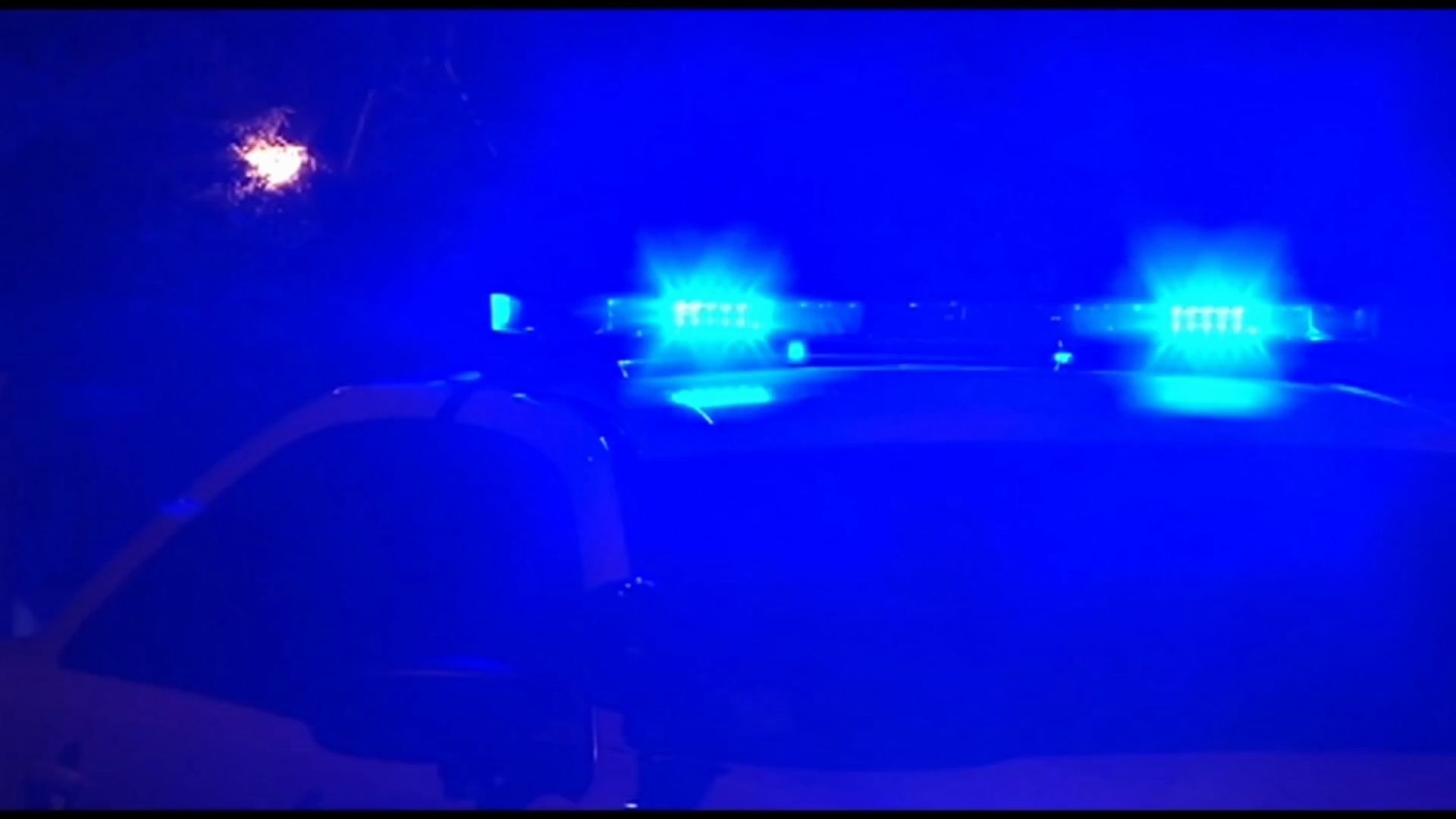Chicago's non-essential businesses will be able to stay open a little longer as the city takes on new mitigations from the state, including the suspension of indoor dining and bar service.
Beginning Friday, all non-essential businesses will need to close to the public from 11 p.m. to 6 a.m. Previous restrictions had forced businesses to close at 10 p.m.
"This will allow restaurants and bars that can no longer offer indoor service an extra hour of outdoor operations each evening," Chicago Mayor Lori Lightfoot's office said in a release.
Restaurants and bars will also be able to allow on-site or to-go liquor sales until 11 p.m. Alcohol sales at liquor stores, grocery stores and other places with a Package Goods license will still be required to end liquor sales at 9 p.m., however.
“Throughout the COVID-19 pandemic, Chicago’s businesses have stepped up and shown their dedication to the health of their community,” Rosa Escareno, BACP commissioner, said in a statement. “Unfortunately we must ask you once more to do what’s necessary to save lives, but we will continue doing everything we can to support our business community. The more Chicagoans that take this deadly pandemic seriously, the quicker we can get our bars and restaurants open again.”
Chicago's mayor said restaurant owners are struggling during the pandemic and are the most impacted industry by COVID-19 restrictions.
"Some are hanging on by a thread, so we need to double down on our efforts," Lightfoot said. "That's my commitment to them privately and publicly."
Local
Lightfoot encouraged all Chicagoans to support neighborhood restaurants as much as possible by eating there before the added restrictions and ordering takeout after Friday's mitigations are put in place.
The new restrictions from the state will suspend indoor dining and bar service in the city beginning Friday, as well as limit the total number of people allowed to attend gatherings in the city at 25.
After Pritzker on Tuesday announced that new coronavirus restrictions will go into effect in the city, Lightfoot called on the governor to reconsider, saying she is concerned that the new mitigations could have dire consequences for already struggling businesses.
“I'm not sure that we're reaching the right people with the restrictions that are going to be imposed by the state and that's my concern,” she said.
Speaking on PBS’ “NewsHour,” Lightfoot said she was “very concerned” about the new regulations, warning they could have a massive impact on businesses in the city that are struggling amid the pandemic.
“If the governor’s order goes into effect, it’s really effectively shutting down a significant portion of our economy at a time when those same businesses are really hanging on by a thread,” she said. “So we’re going to try to continue our engagement with the governor and his team, but it’s not looking good.
“If we can’t convince him that other metrics should apply, then the shutdown unfortunately is going to take effect starting Friday,” she added.
Lightfoot was asked if she disagreed with the Pritzker administration’s decision-making, and while she didn’t directly say the new restrictions were wrong, she said that the governor’s office should look at other metrics to help make determinations on where new restrictions should be implemented.
“I think that we’ve got to look at what our metrics are,” she said. “No question we’re seeing an uptick in cases, and we’re also seeing positivity (rates) going up, but hospitalizations are not at the breaking point like we feared back in the spring, and I think that’s an important metric. We’ve gotta be very surgical in the way we impose these new restrictions.”
While Pritzker and Illinois Department of Public Health Director Dr. Ngozi Ezike have presented research that shows bars and restaurants are one of the primary locations where coronavirus is spreading, Lightfoot warned that the greater challenge is posed by what individuals are doing in their own homes.
“The truth is that where we're seeing the greatest challenges is in people's homes, in social settings that are not public,” she said. “That's harder to regulate to be sure but that's at least in Chicago where we're seeing the challenges. Two-thirds of the people that are testing positive and are talking to our case investigators are telling us that they got it from somebody that they knew and that they got it in a home or other social setting that's not in public.”
Lightfoot says her administration is looking to take “additional steps” to address concerns about gatherings in the homes of residents.
In a statement released Tuesday night, Pritzker's office said it does not intend to "make exceptions" to its mitigation strategy and will continue to work with businesses to secure access to millions in grants through emergency relief programs.
"Unfortunately, the virus doesn’t make exceptions, and it would be ill-advised to make exceptions to the rules we put in place as the best mitigations to stop the spread," the statement read. "As the CDC has noted, bars and restaurants are major places of transmission risk. We’ll continue to provide support to businesses that are hard hit through our $630 million in grants."



